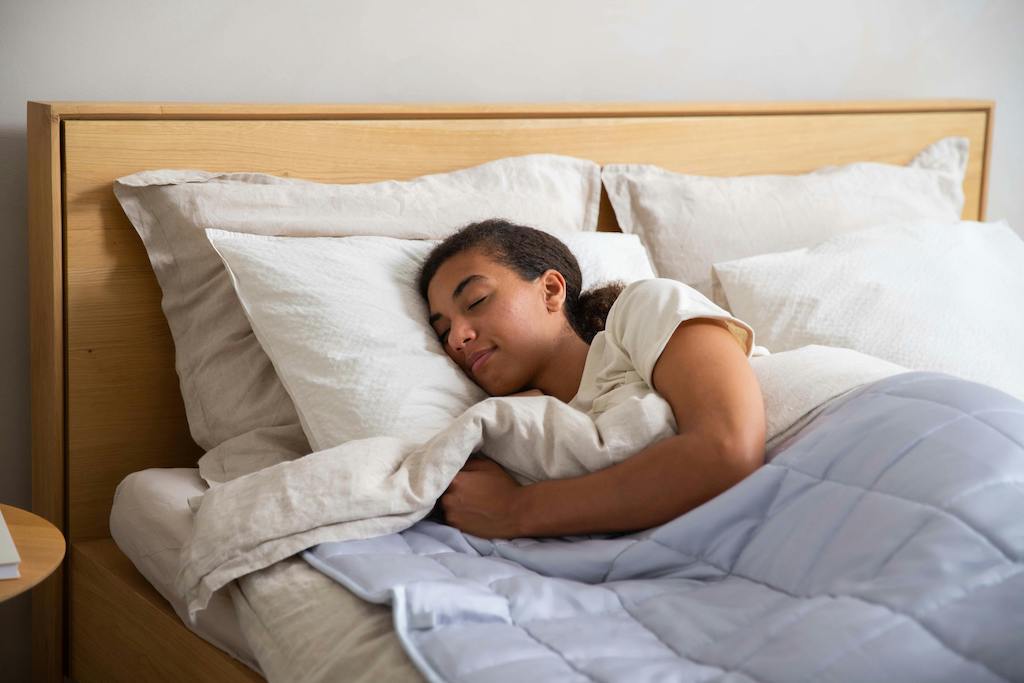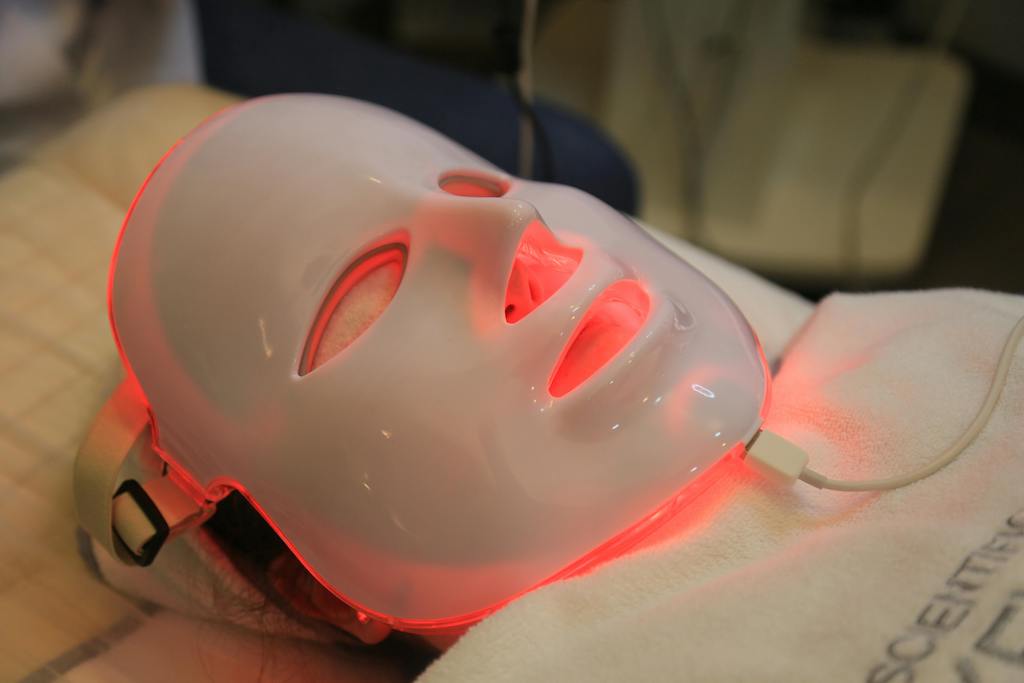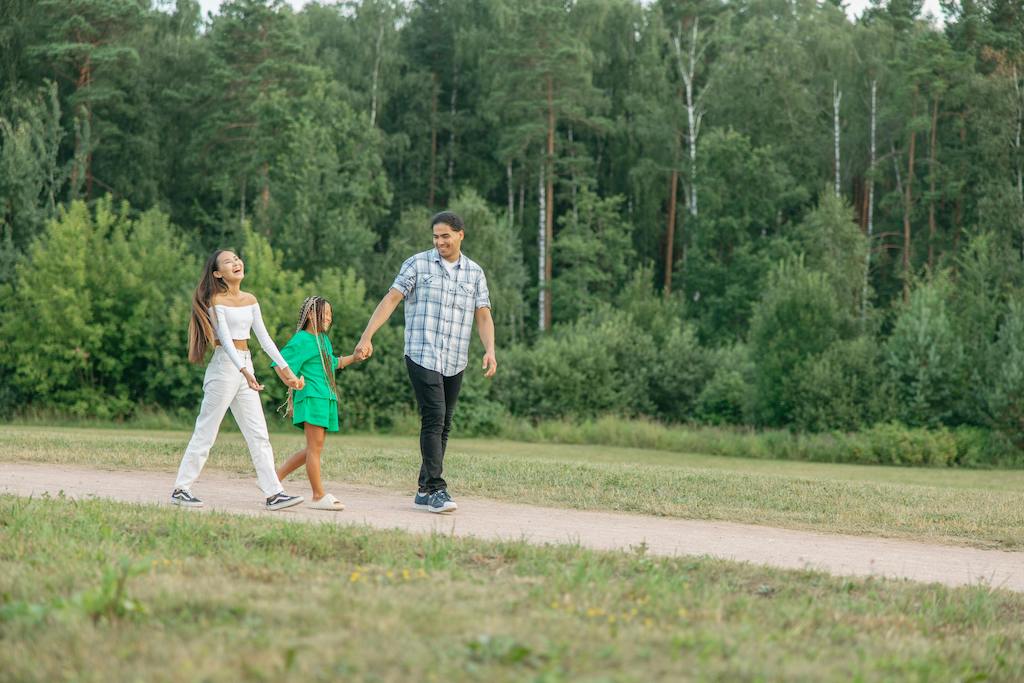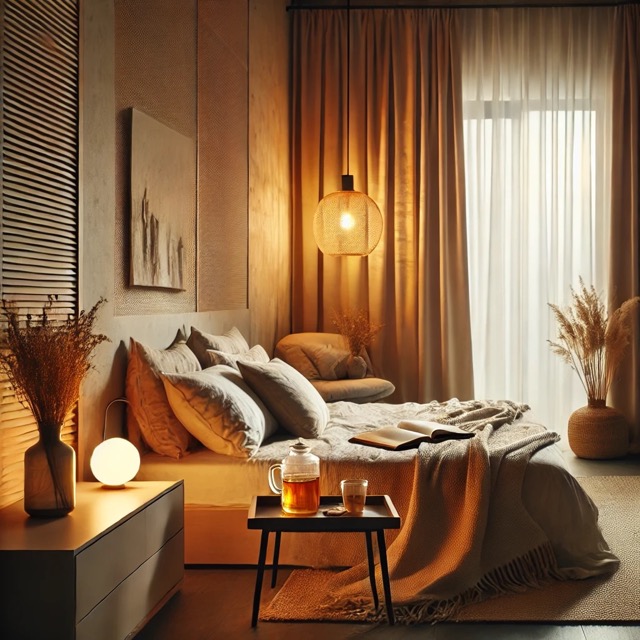San Miguel De Allende
CONTACT
submit a CALENDAR REQUEST
connect with us
Heading
home
Sayulita
ABOUT
How to Stay Energized as the Days Get Shorter: 7 Tips to Beat the Seasonal Slump
November 20, 2025

As the sun sets earlier and the chill creeps in, it’s common to feel sluggish, unmotivated, or even down. The shift to shorter days can disrupt your energy levels and mood—especially if your routines are tightly connected to natural light. But the good news is, there are simple, mindful strategies that can help you stay energized as the days get shorter.
In this post, we’ll explore how to align your circadian rhythm, use light therapy, and build energizing routines that support your mental and physical well-being all season long.
1. Understand Your Circadian Rhythm as the Days Get Shorter

Your circadian rhythm is your body’s internal clock. It’s regulated by light and darkness and influences your sleep, energy, mood, and even hormone production. When daylight hours decrease, your body may produce more melatonin (the sleep hormone), making you feel tired earlier.
Tip:
To support your circadian rhythm, aim to wake and sleep at the same time every day, even on weekends. Consistency helps regulate your internal clock, leading to deeper sleep and more consistent daytime energy.
2. Use Light Therapy to Simulate Sunlight

Light therapy is one of the most effective tools for combatting the energy dips that comes as the days get shorter. Special light therapy lamps mimic natural sunlight, helping your body suppress melatonin during waking hours and boost serotonin levels.
How to use it:
- Use a 10,000 lux light therapy box for 20–30 minutes within the first hour of waking.
- Place it at a 45-degree angle, about 16–24 inches from your face.
- Use it consistently each morning for best results.
Many people notice a significant lift in energy and mood after just a few days of use.
3. Prioritize Morning Sunlight as the Days Get Shorter

Natural light is still the most powerful signal for your circadian rhythm. If you can, spend at least 15 minutes outside in the morning, ideally within an hour of waking. Even on cloudy days, outdoor light is stronger than indoor lighting.
Ideas to try:
- Take a brisk walk or sip your morning coffee on the porch.
- Do light stretching or yoga near a window with sunlight.
- Open your blinds as soon as you wake up.
This habit not only wakes up your body naturally but also improves your sleep at night.
4. Stay Physically Active (Even When You Don’t Feel Like It)

Exercise boosts circulation, endorphins, and mental clarity—all of which help you stay energized. But motivation often dips in colder, darker months, so finding short, manageable ways to move is key as the days get shorter.
Suggestions:
- Try a 20-minute indoor workout (yoga, resistance bands, or dance).
- Go for a walk during lunch to soak in some natural light.
- Join a virtual workout challenge or use a fitness tracker for accountability.
Movement can feel like a reset button on low-energy days.
5. Create a Mindful Evening Routine (and Avoid Blue Light)

Just as morning light boosts energy, evening light can disrupt sleep. Screens emit blue light that suppresses melatonin, making it harder to fall asleep. A disrupted sleep cycle leads to grogginess and poor energy the next day.
What to do:
- Dim the lights 1–2 hours before bed.
- Use blue light blocking glasses or switch devices to “night mode.”
- Establish a calming wind-down routine: journal, meditate, read, or sip herbal tea.
Protecting your evening environment sets you up for restful, energy-restoring sleep.
6. Eat for Sustained Energy, Not Just Comfort

Colder weather often triggers cravings for heavy comfort foods. While it’s fine to indulge occasionally, balanced meals that combine protein, healthy fats, and complex carbs help prevent energy crashes and support mood stability.
Try:
- Starting your day with a high-protein breakfast.
- Limiting refined sugars, which cause spikes and dips in energy.
- Adding seasonal superfoods like sweet potatoes, kale, citrus fruits, and nuts.
A mindful approach to eating keeps your body fueled and your mind clear.
7. Make Room for Joy and Connection

Seasonal affective disorder (SAD) and the winter blues aren’t just about light—they’re also linked to reduced social interaction and emotional burnout. Making time for meaningful connection and joy is vital to staying energized.
Ideas to lift your spirits:
- Schedule weekly calls or coffee dates with friends.
- Decorate your space with cozy lights and uplifting colors.
- Try a new creative hobby (journaling, painting, baking).
- Practice gratitude daily—it’s proven to boost mental resilience.
Emotional energy is just as important as physical energy.
Make Your Winter Routine Work for You as the Days Get Shorter
While you can’t change the seasons, you can change how you respond to them. By supporting your circadian rhythm, embracing light therapy, and cultivating mindful routines, you can stay energized—even on the shortest, darkest days of the year.
Remember: the small daily choices you make add up. Start with one or two of the tips above and build from there. Your future, well-rested self will thank you.